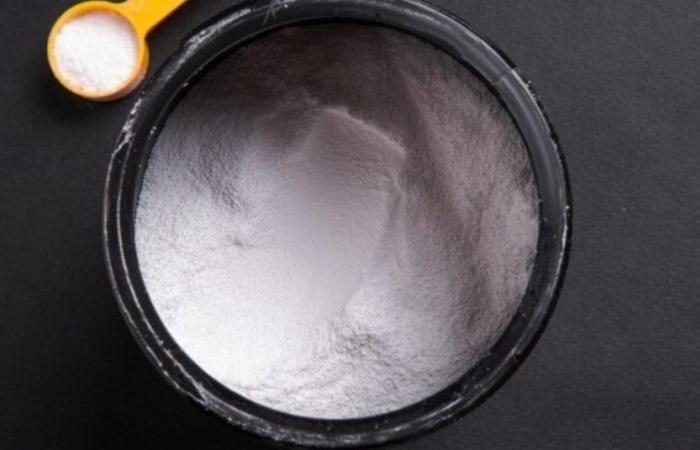If you’re into the fitness world or looking to improve your training performance, you’ve certainly heard of creatine. But what happens if you forget to take your daily dose of this supplement? We spoke to nutritionist Giovanna Fassanaro to unravel this mystery.
What is creatine and why take it?
Creatine is a substance naturally produced by our body and can also be obtained through food, especially in red meat and fish. But many athletes and those who practice physical activity opt for supplementation to enhance their results.
According to Giovanna Fassanaro, nutritionist, creatine has several benefits, including providing energy for muscles, helping to gain muscle mass, improving physical performance, more efficient muscle recovery and even benefits for cognitive health.
What happens if you forget to take it one day?
The question often arises: if creatine needs to be taken daily to guarantee its benefits, what happens if you forget to take it one day?
Giovanna clarifies: “If you forget to take your daily dose of creatine, there is nothing to worry about. Just take the dose as soon as you remember and continue with your supplement plan as normal. The important thing is to maintain consistency over time to enjoy the benefits of creatine.”
Conclusion
So if you forget to take your creatine one day, don’t panic. Just take it as soon as you remember and continue following your training and supplementation routine. Always remember to choose a quality creatine, preferably monohydrate, and consult a health professional or nutritionist before starting any supplementation. With consistency and care, you’ll be on your way to achieving your fitness goals.






